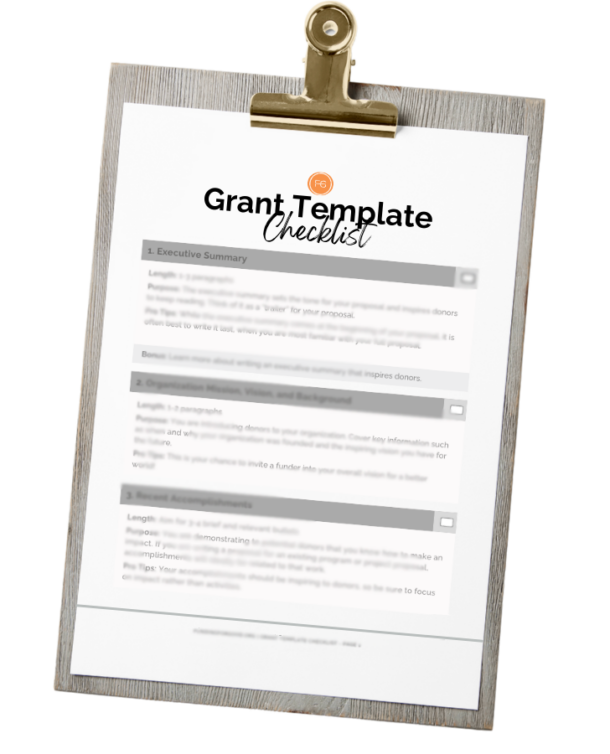by Marie Palacios
In the nonprofit sector, we learn to wear a million hats and juggle more items than a circus clown. We pride ourselves on doing everything we can in-house, so why outsource work we can do? I mean why would a smart nonprofit that needs to pinch pennies ever consider paying someone else for a task that staff can technically do?
Although this feedback might be difficult for the “work-a-holic, I’ll-work-extra-hours-for-no-pay” type of person, it is important to put things into perspective when asked ‘why outsource work’?
Consider the following situations as a license to NOT do the things you might be capable of doing:
1. Fiscal Savings-While we might be ABLE to complete every job function in the organization, that doesn’t always mean that it is cost effective to do so.
For example: I am a nonprofit Executive Director and am fully capable of writing and designing our regular newsletters.
However, “design work” is not at the top of my skill set and it tends to take me longer than I would like which leads to involuntary frustration. After a few formatting nightmares, I reached out to a few local printing companies for some design quotes. The company that publishes our materials offered an amazing design rate.
I am paying less for this contract than what my nonprofit would have paid me for 6 hours of labor. The bonus? The 6 hours I would have spent designing next month’s newsletter can now be added back to my agenda. That’s why outsource work can be helpful and cost effective.
2. Efficiency & Time Management- Another situation that might warrant outsourcing professional services involves your time and efficiency. If a task absorbs work time that could be used to make significant strides on a “top priority” then it’s time to consider all your options.
For example: For the nonprofit director, development of funds and resources, should always be listed as a top priority.
Without money in the bank, program materials, and quality/trained staff our doors will close. Many nonprofit directors get absorbed with every aspect of event planning, despite the fact that studies show that events are the least effective fundraising methods when one considers ALL the time and resources that go into that event. It does not make sense for me spend countless hours per week/month planning the tiny details of event that might not generate significant dollars.
In this situation, it is critical to pass the “event coordinator” position on to someone else and focus on low effort/high impact development opportunities. I can still weigh in on important decisions and help secure sponsorship, but as an ED I shouldn’t be stressing over name tags or what fiber count is in the table cloth.
To put it into perspective, in the 10 hours/month in event planning I save, I can now make connections with a local business, enjoy 2 lunch or coffee conversations with their leadership, submit a request for sponsorship/funding and follow up with them.
Multiply that by a full year and I have potential to generate 10-12 new donors during time that was previously eaten up by never-ending committee meetings. Table cloths and centerpiece decisions might seem important in the moment and definitely add to the beauty of the event, but someone else can handle that while staff completes more intentional development work.
3. Perspective-Sometimes it is difficult to see the forest through the trees. As nonprofit professionals we get so invested in our work that it can sometimes be a challenge to see everything in perspective all the time.
It is especially important to consider working with outside professionals on marketing/public relation materials. The simple fact that they are not close to the project will allow them to evaluate if the message is being conveyed to your community effectively or if there might be a better approach to branding your nonprofit and increasing visibility.
While it is difficult to take limited funding and hand it over to someone else, sometimes it is necessary. Time truly is money. The question is…how are you spending yours?

